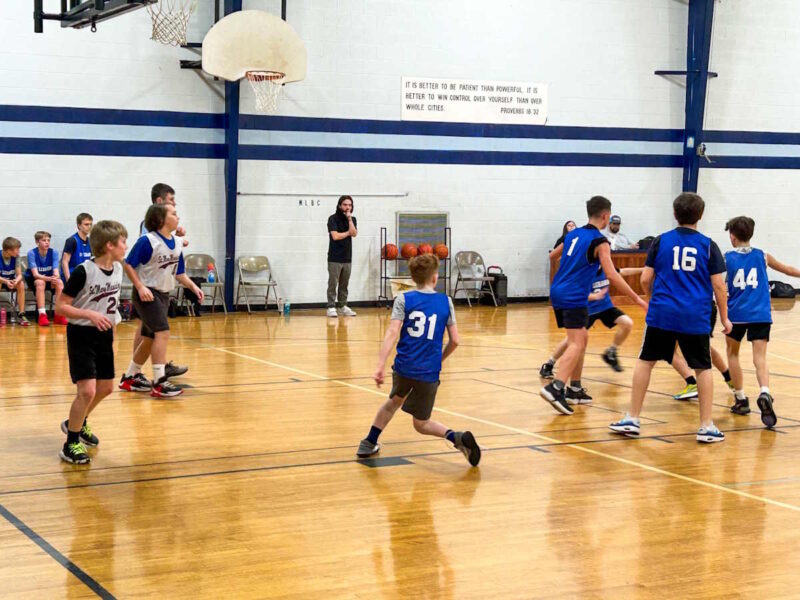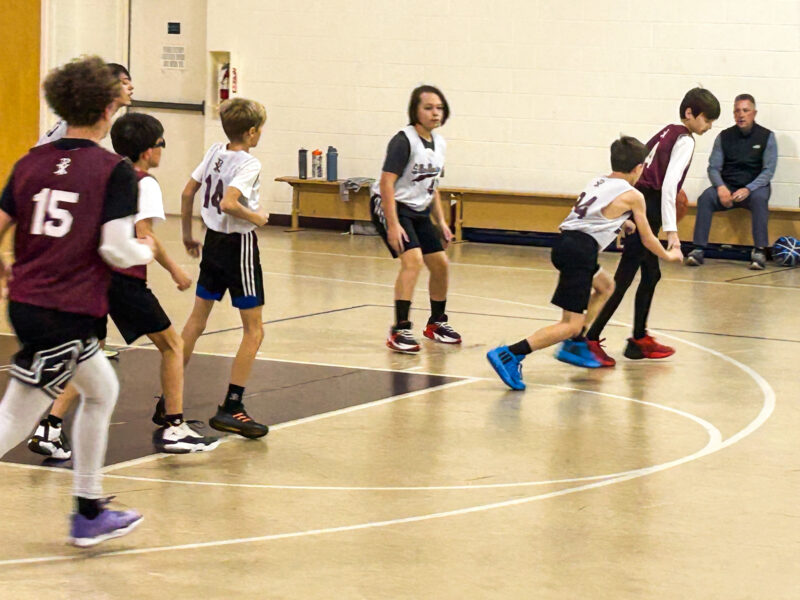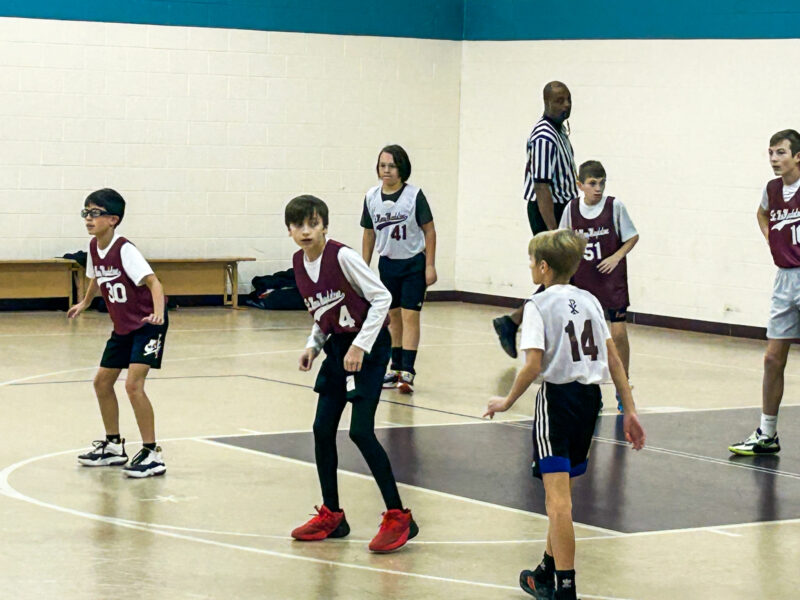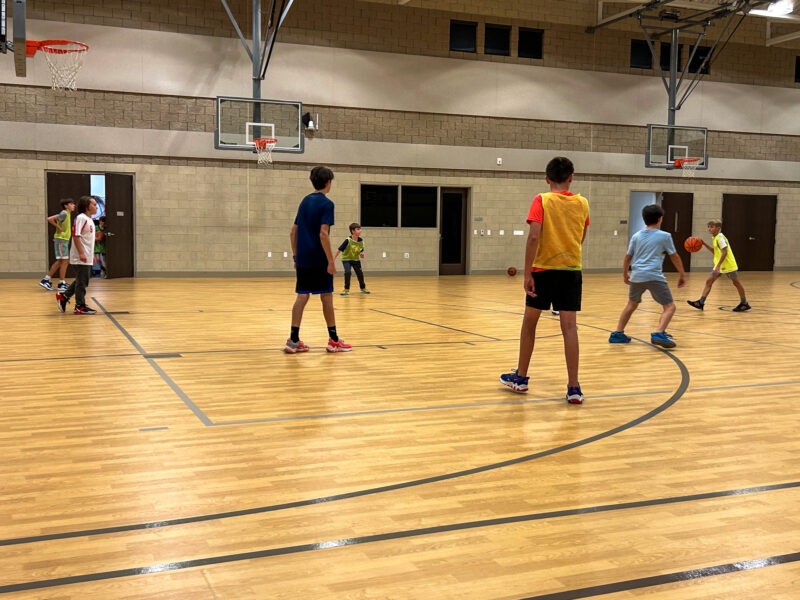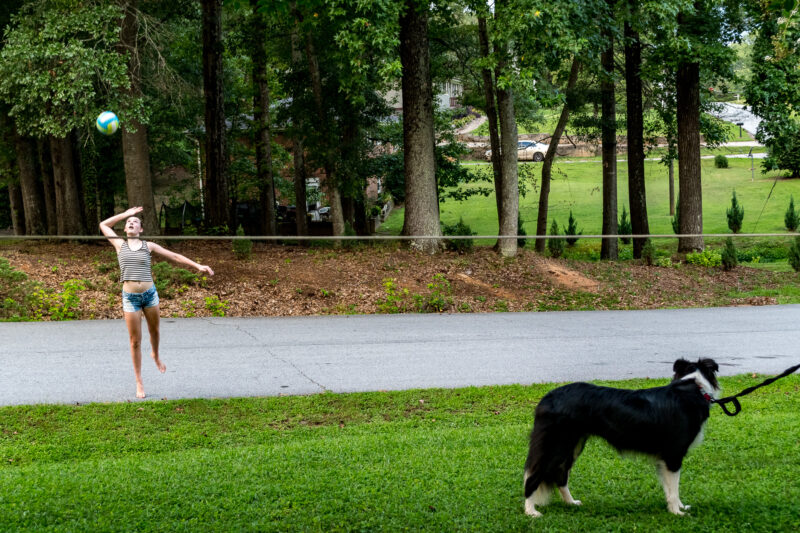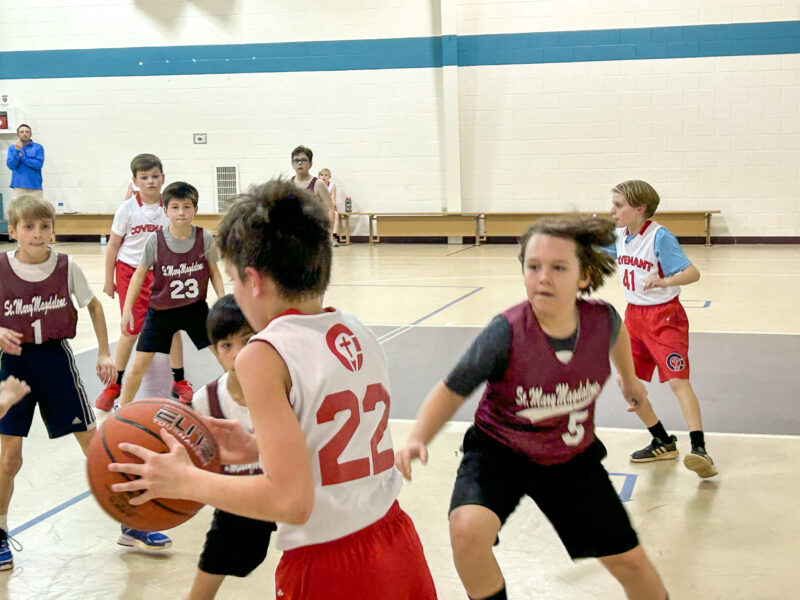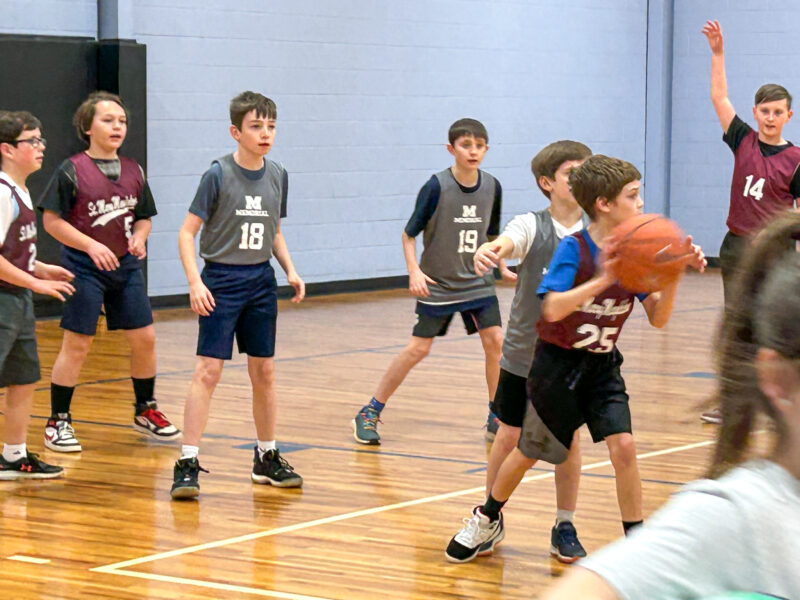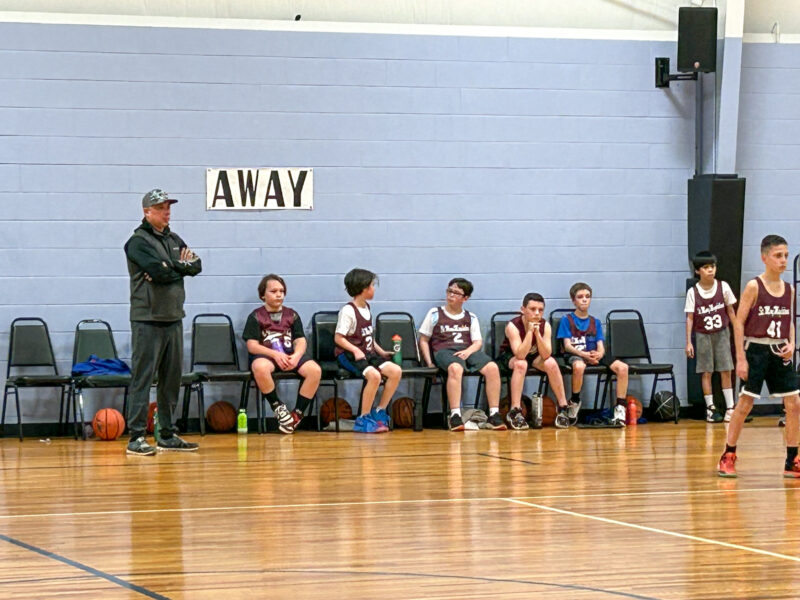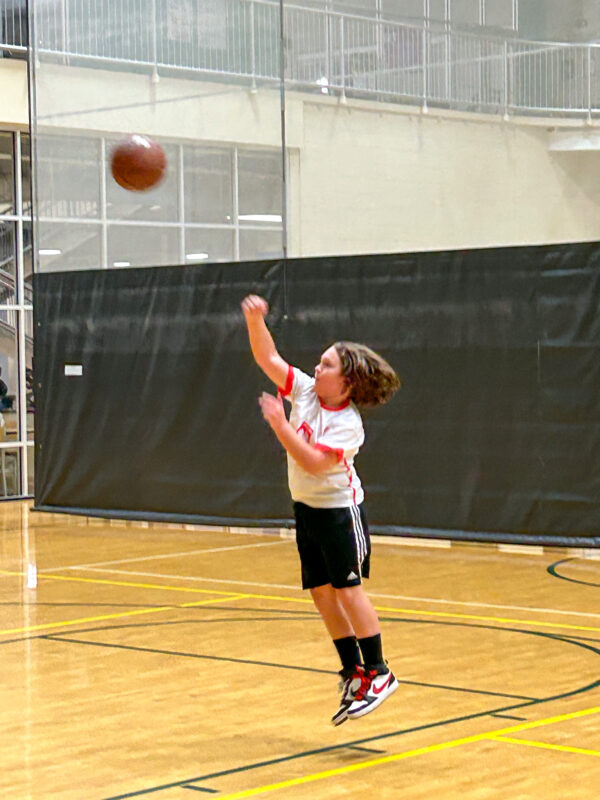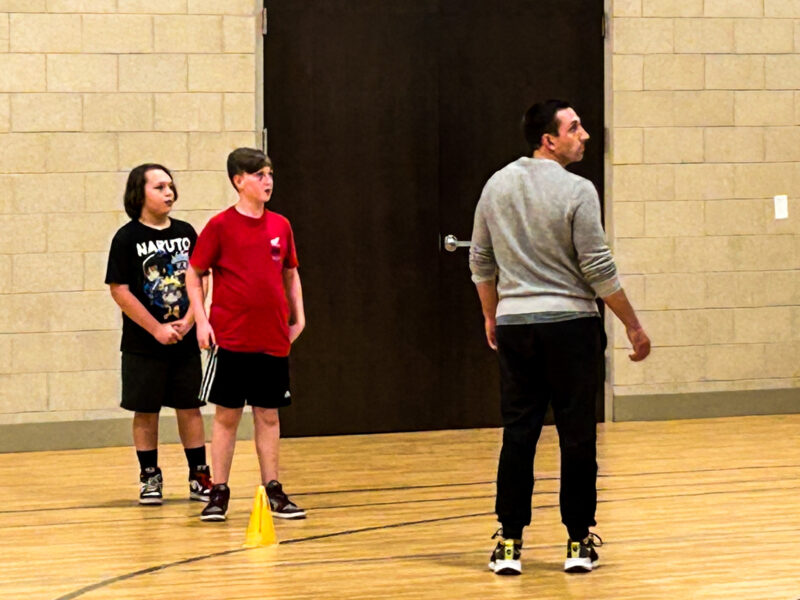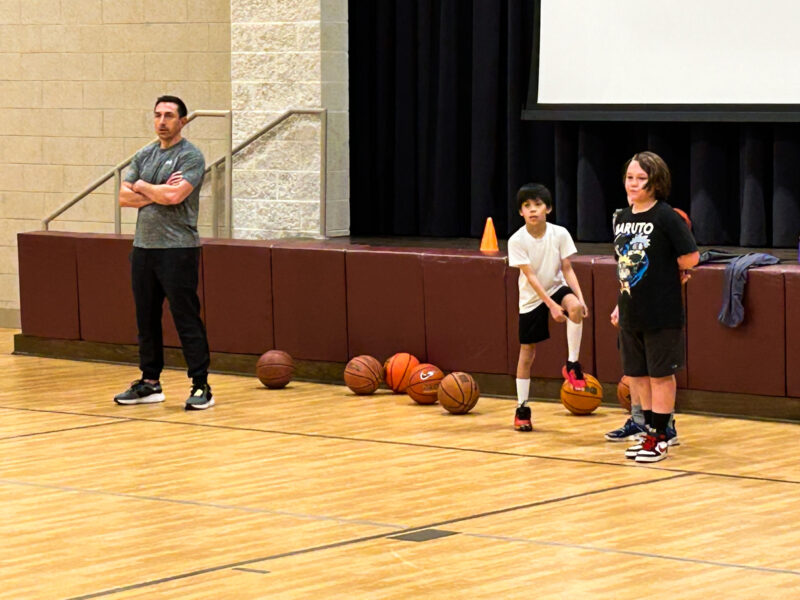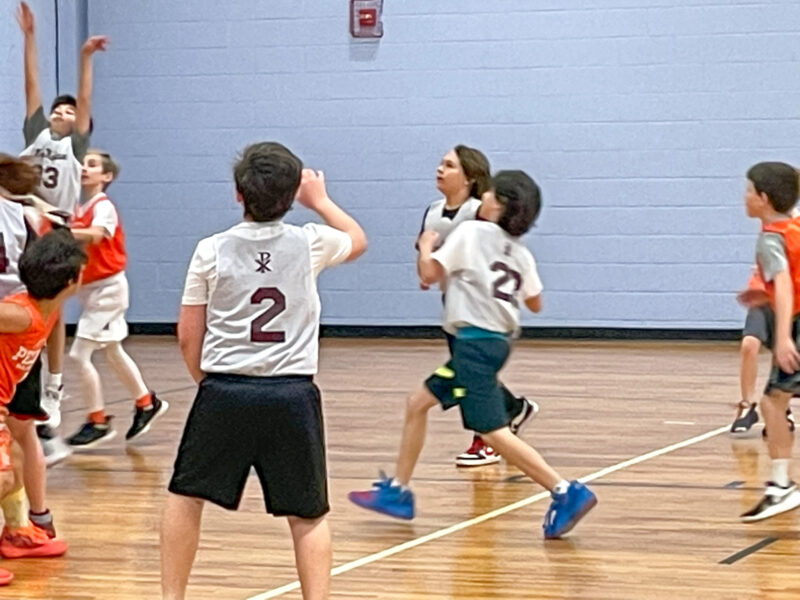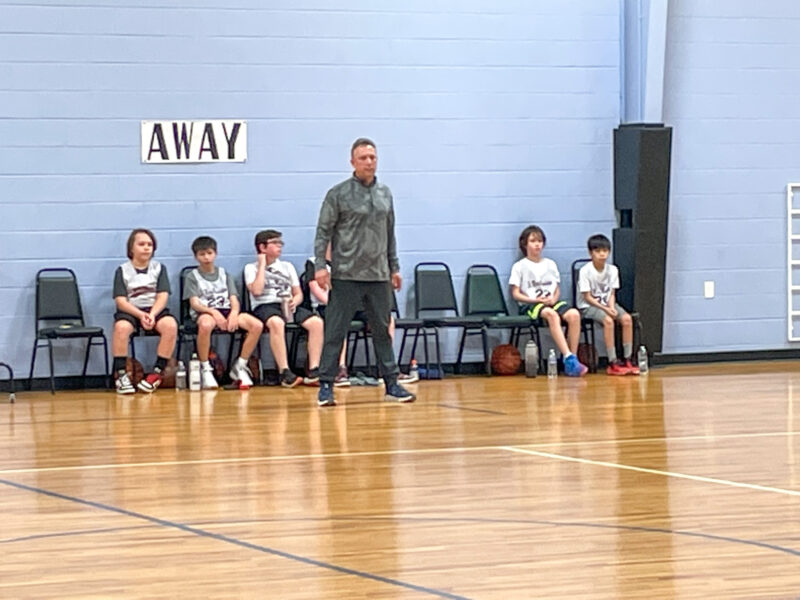School Thoughts
We received a new student on our team today: a fifteen-year-old boy from Central America who doesn’t speak a word of English and has not been in school since the first grade.
I have reservations.
I’m not fussing about any extra work entailed by having such a kid in my classroom. I’ve already got two complete-non-speakers and a fourth kid who barely speaks English. My reservations are about how effectively I can really help these kids. They are, of course, in my lowest level classes, which means there are a lot of behavior issues in those classes. I’m supposed to create a new curriculum for these boys because they’re so low with their English that modified materials don’t do anything for them in my class. In science, yes. In math, certainly. In social studies, a qualified yes. In English class, though? It’s impossible just to modify the curriculum. This newest student is illiterate in his first language: I can’t modify my curriculum that includes standards like “Determine one or more themes and analyze the development and relationships to character, setting, and plot over the course of a text; provide an objective summary” and “Determine the figurative and connotative meanings of words and phrases as they are used in text; analyze the impact of specific word choices on meaning and tone, including analogies texts.” You can’t do this with pictures. Besides, I struggle teaching the native speakers these things because of their low motivation — teaching a non-English-speaking student with the aid of pictures? Not going to happen. So I’ll have to invent a curriculum for these boys.
Is that type of teaching really in these boys’ best interest? Wouldn’t a part-time immersion with classes like gym and art coupled with a couple of direct English instruction courses be more effective? The people at the district office downtown will say, “No, the data don’t support that.” But I think that’s bullshit. I know from my own experience in Poland that dumping me into an environment where I didn’t speak the language without any direct language instruction would have only frustrated me, and that’s with me being 22 years old at that time. If I were only 14 in such a situation — forget it.
Parenting Thoughts
The Boy’s church league basketball team had their last game this evening, which sadly they lost 22-30. It was a tough season: they went 1-8. But it wasn’t the losing that bothered the Boy so much; it was the unsportsmanlike conduct so many of the players on the other teams exhibited. Tonight, for example, there was one boy who screamed at every shot attempt our team made in an effort to distract our boys.
I had some choice words to say in texts to K about this kid’s behavior.
“Just keep your cool,” she gently reminded me.
“Of course — he’s just a kid,” I replied. But that type of behavior doesn’t come from nowhere. Either his parents never tried to correct him because they saw nothing wrong with it, or they actively encouraged and/or taught him to behave like that.
Were I to coach such a kid, I’d tell him and his parents, “Look, if you do that, I bench you for the quarter. You do it again, it’s for the rest of the game. And every time after that, it’s for the rest of the game.”
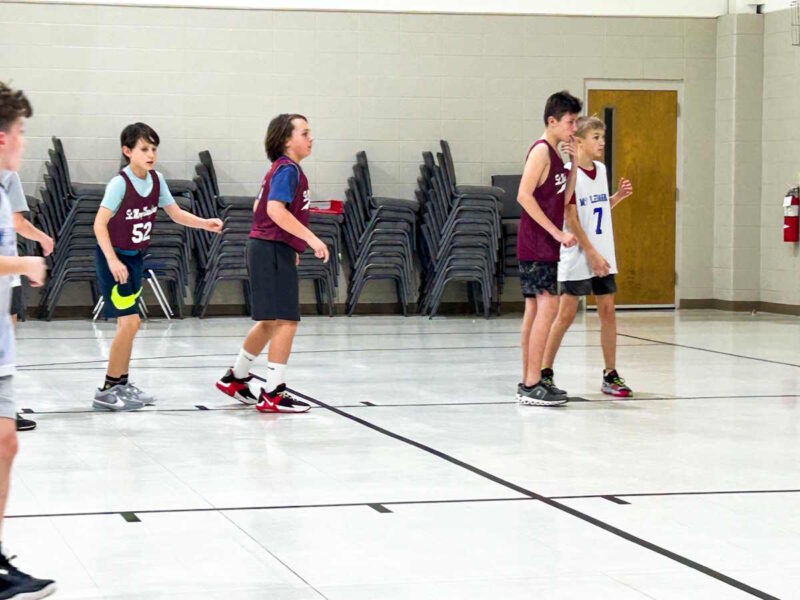
The Boy’s inherently empathetic outlook on things means such behavior would never enter his mind. Was that something we had to teach him? I guess we did, but I don’t remember doing so, and I suspect his empathy would lead him not to do that even if we didn’t explicitly teach him that.
